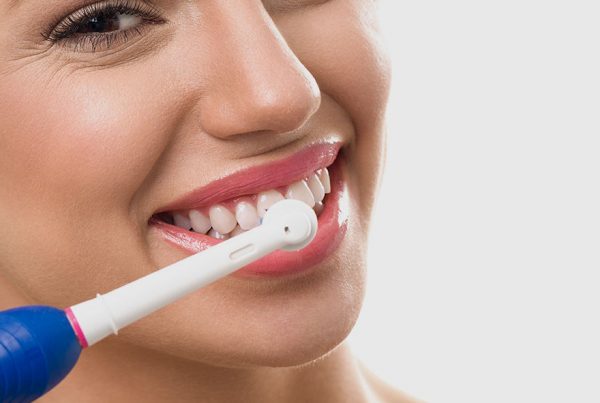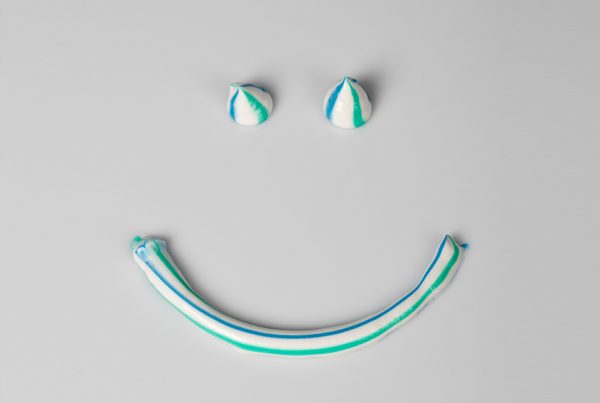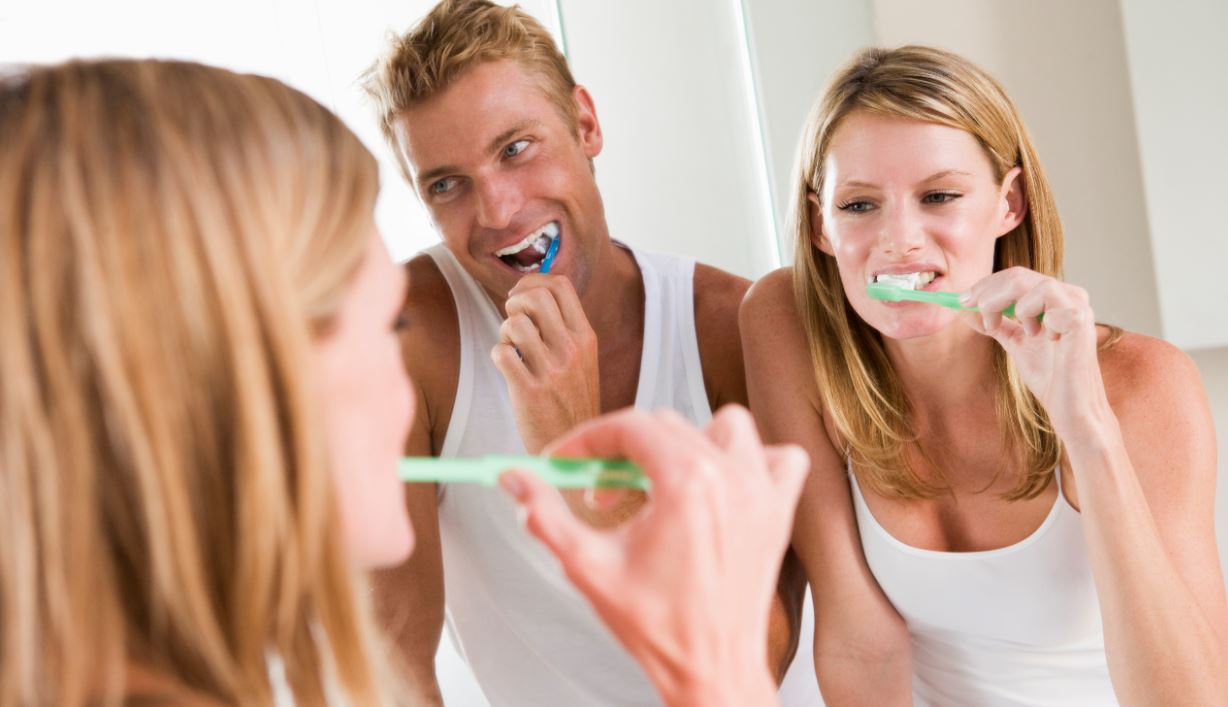If you are terrified of visiting the dentist, you are not alone. Dental anxiety affects so many people, acting as a barrier to them achieving a healthy mouth. When you think about it, it makes perfect sense. You visit an unfamiliar environment with weird smells and sounds. You have to lie back in this strange chair. You may go there when you are in pain. You put yourself in a vulnerable position with someone you don’t know. Dental anxiety is understandable for all of those reasons and more besides.
The good news is that dental treatment has come a long way in recent years. Our anaesthetics are better so treatment is much more comfortable. Our materials are better so we often don’t need to drill as much. And our training is better so we appreciate people’s anxieties.
The experience of going to the dentist today is a world better than it was even 20 years ago.
I know that me saying that doesn’t really help if you are someone who is petrified of going to the dentist. But maybe our five tips for nervous patients will:
1. Get a recommendation. Speak to friends or family. If you can find a dentist that friends know and trust then you’re onto a winner. You will have confidence at that first appointment that other people trust this dentist, even if you’re not there yet.
2. Find out what will happen in the first appointment. Speak to the reception staff. Ask what to expect in that first appointment. If you are really nervous, some dentists may be happy to see you for a chat about your concerns. Busy NHS practices may not be able to provide this but will do a checkup in the first appointment. The point is that if you know what to expect. There are no surprises and it will be a much less stressful experience.
3. Work out what causes your dental anxiety. Is it the chair? Is it seeing the kit? Is it the sound of the equipment? Was there a particular experience that put you off?
4. Explain this to the dentist. If you know what makes you scared, you can tell your dentist and they can help. It may be that you are scared of the scratch when you have anaesthetic. If this is the case, your dentist might have some gel to put on first so that you don’t feel the scratch.
5. Learn how to care for your teeth. This is the best tip I can give for any nervous patient with anxiety about visiting the dentist. The better you care for your teeth, the less problems you will have. If you keep your teeth spotless and clean, you will prevent holes in your teeth. And if you prevent holes in your teeth, you will see less of your dentist. What could be better?
There are some people that, whatever they try, they will not be able to get past that fear of having dental treatment. If you are one of those people, do not despair. There are ways that dentists can help you.
Treatment options for patients with dental anxiety
1. Baby steps. Tiny bits of treatment at a time. Sometimes breaking treatment up into manageable chunks can be helpful for nervous patients. You do a little bit on each appointment and each time, you build a bit more confidence.
2. Laughing gas. This is something that people associate with the dentist. Actually, it’s not used that much anymore. It’s mainly used for treatment of nervous children in community practices and hospitals. It’s not normally used in general practices. (I suspect this is because most laughing gas was being used by the dentists and very little was actually getting to patients. That’s just a suspicion by the way.)
3. Sedation. Sedation is when a medicine is used to relax you. You are still awake but it feels like you’ve had one or three gin and tonics. It’s like alcohol in the sense that you won’t remember the treatment afterwards. The cheeky bonus is that there’s no hangover. You need to have a scratch in the back of your hand to be given the sedation and then you’re away. Someone needs to look after you for 24 hours after the treatment to make sure you don’t do anything silly like sign your house over to the neighbour’s cat.
4. General anaesthetic. This is when you are completely put to sleep. There are always risks associated with general anaesthetic so it should not be done willy-nilly. It’s normally reserved for the trickiest of procedures such as very difficult wisdom teeth. This has to be done in a hospital because you need an anaesthetist there.
I said it above but I will repeat my earlier point. If you are a patient with dental anxiety, the best thing you can do is learn how to care for your teeth. The better care you take of your teeth, the less you will have to see your dentist. Preventing problems is much better than having treatment to cure them.
Keep updated with the Online Dentist newslettersign up today
Recent Articles
 Tooth brushing is the best way we have to remove bacteria from our mouths. The majority of problems with your teeth are caused by bacteria. Bacteria making holes. Bacteria damaging...
Tooth brushing is the best way we have to remove bacteria from our mouths. The majority of problems with your teeth are caused by bacteria. Bacteria making holes. Bacteria damaging...
 This article is all about toothpaste, what should be in it and why you should use it when brushing your teeth. Forgive me but I'm going to start out with...
This article is all about toothpaste, what should be in it and why you should use it when brushing your teeth. Forgive me but I'm going to start out with...





